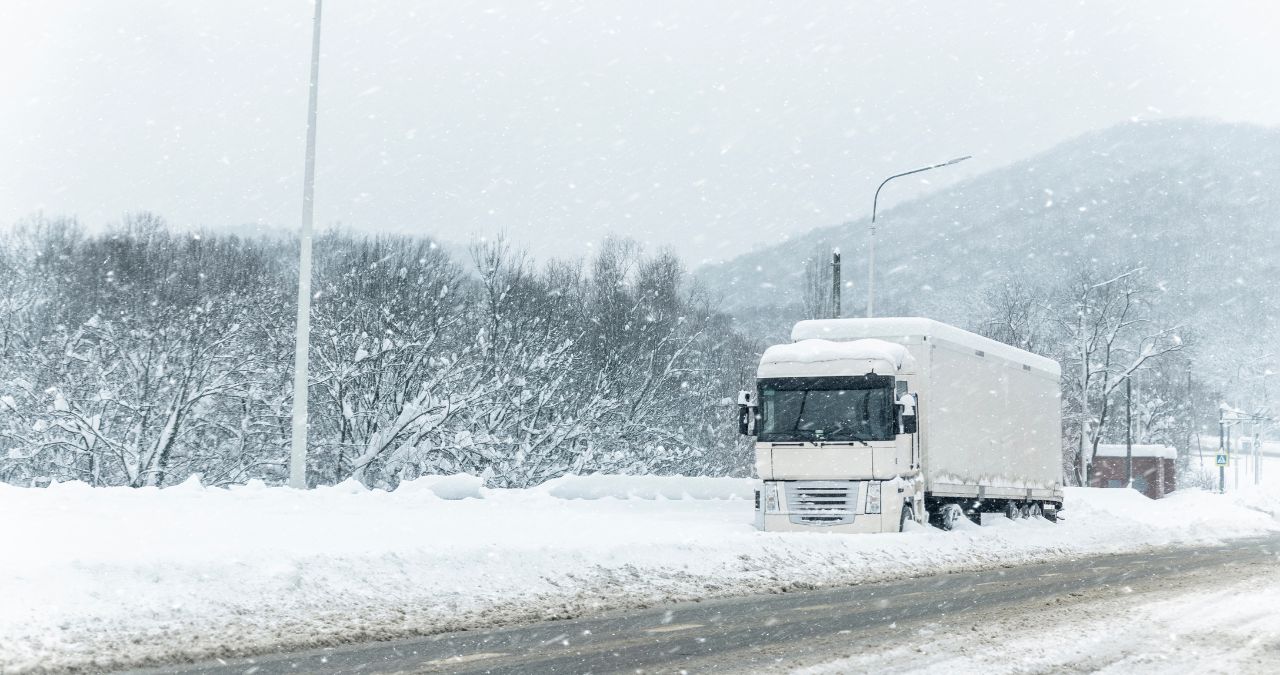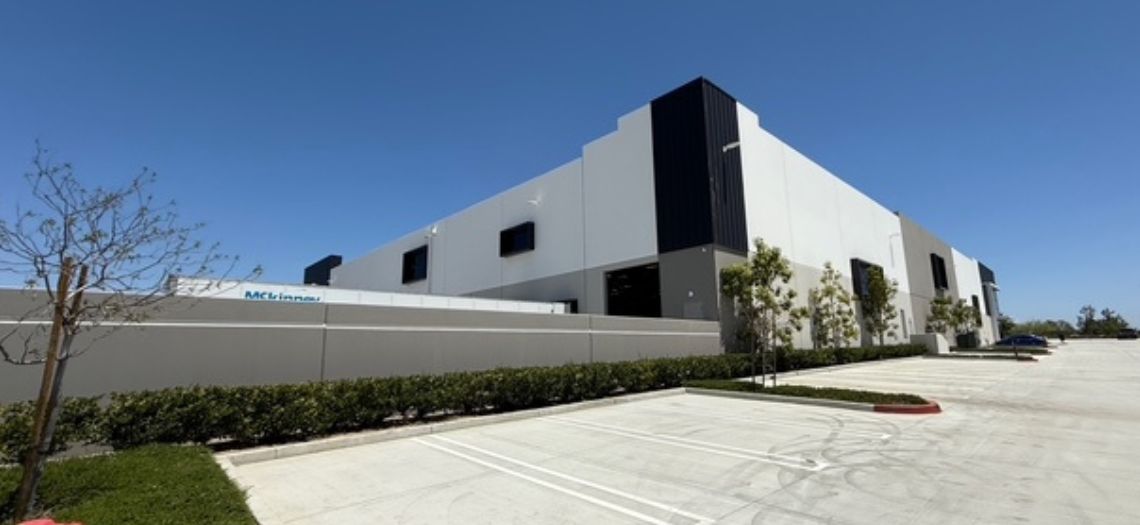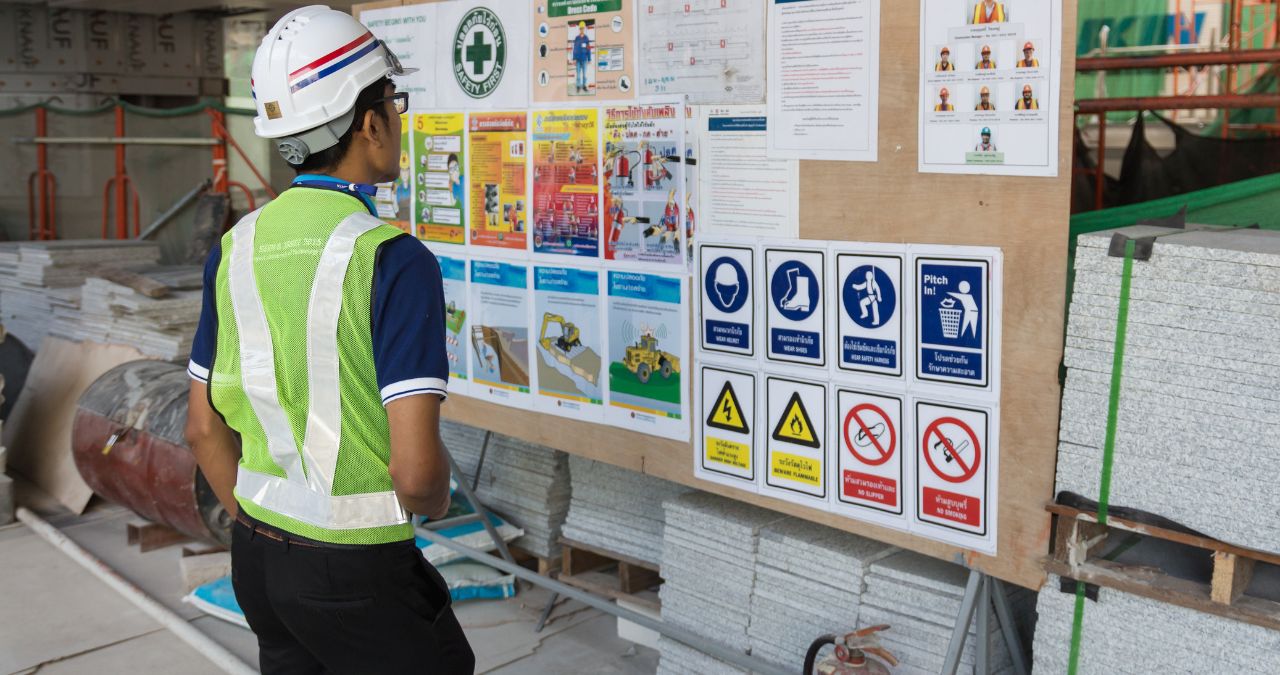Winter brings cold temperatures and harsh weather conditions but also special considerations for shipping and fulfillment. Supply chain companies must be prepared for the holiday sales rush, and winter conditions could hinder smooth operations if they aren’t. Shipping and fulfillment operations continue throughout winter, but varying conditions require practical strategies to navigate challenges effectively. Here’s how winter weather affects shipping and fulfillment—and what you can do about it.
How Winter Weather Affects Shipping and Fulfillment—and What You Can Do About It
How Winter Weather Affects Shipping
Winter weather affects shipping and fulfillment because it affects the conditions under which these industries operate. The weather might affect:
- Roads
- Routes
- Temperature-sensitive shipments
The December sales rush presents an opportunity for shipping and fulfillment companies, but it also necessitates thorough preparation for potentially extreme winter weather.
Customers still expect their orders during this time. However, not every logistics company knows how to keep up this time of year.
Environment and Road Conditions
Roads see more accidents during the holiday period. Supply chains are more congested in winter months, and weather patterns are harsher than they might be during the rest of the year.
No one should face winter shipping conditions without adequate preparation and awareness of potential challenges.
Watch the weather, especially for road and environmental conditions. This includes the traffic and weather report with updated and to-the-second information on inclement weather.
Freight transportation operates more smoothly in winter when supply chains have detailed knowledge of expected conditions.
Vehicle Operation and Maintenance
Supply chains and logistics companies rely on their vehicle fleet to remain operational. That is optimal for every trip. You must service vehicles and be prepared for the winter conditions. Driving during rain or snow is extremely dangerous.
Every vehicle should undergo a thorough inspection and receive professional clearance before being deployed during winter. Ensure all vehicles are in perfect condition and adjusted to handle the extreme cold and bad weather. Equip vehicles with:
- Winter tires
- Chains
- Weather-related safety equipment
- Cargo protection
Alternate Routes and Planning Changes
Rain and snow are common in winter, often necessitating alternate routes and adjustments to logistics plans. Have a contingency plan for a severe weather winter storm that closes roads or becomes high-risk areas.
Shipping and logistics companies can prepare for this by monitoring routes with updated GPS solutions in real time. Calculate alternate routes to avoid shipping delays during harsh weather.
Drivers should prioritize finding the safest route over the fastest when navigating winter conditions.
Winter Weather Affects Shipping: Always Have A The Back-Up Plan
If a sudden breakdown or emergency occurs while making a delivery, ensure someone else can take over. This simple step could save hours while one delivery driver is waiting for assistance.
Who will take over in the event of a supply chain emergency?
If there’s no answer to the above, you could be the weakest supply chain link.
Weather Delays and Potential Dangers
Winter weather isn’t just colder than the rest of the year but can also present much more dangerously on the road. Weather delays and potential dangers should be part of employee training; knowledge is power in an emergency.
Comprehensive weather-related training equips staff to handle the challenges of winter conditions more safely and effectively.
Winter Hazard Insurance
Winter is associated with different conditions and potential hazards.
Does your current insurance plan cover any dangers associated explicitly with winter—snow or storm damage, for example?
Companies should review their insurance plans carefully to avoid discovering gaps in coverage only after a winter-related incident occurs.
Ensure that your insurance specifically defines individual coverage. If you aren’t sure about particular winter-related hazards, it’s your right to ask.
Being underinsured is a common mistake; one phone call could save considerable future costs.
Winter Weather Affects Shipping: Preparation is (Still) Key:
Preparation is key for any shipping and fulfillment company that wants to survive the holiday rush. Avoid potential delays and the harsh bite of winter by being prepared.
The best way to avoid surprises is to prepare thoroughly for each potential winter challenge. Winter preparation isn’t just about the weather but has everything to do with:
- A successful supply chain
- Employee safety
- Happy customers for the whole season
MAI Fulfillment Your 3PL & Warehousing Solution
MAI Fulfillment is a privately held third party logistics (3PL) company in Chicago specializing in warehousing, and omnichannel fulfillment services. As an experienced outsourced provider, we provide value-added solutions designed to help companies build and grow.
The MAI business model offers clients the efficiency and convenience of dealing with a single accountable resource for a wide range of services. MAI areas of specialization include:
- Custom B2B and DTC warehouse and multichannel fulfillment solutions
- Multi industry support
- Technology support
A wide range of service offerings, strategic problem-solving skills, and experience make MAI a valued partner to a broad range of Fortune 500 companies. “Quality” is more than just a word here – it’s the foundation of how we conduct business and an integral part of the processes and metrics we use to deliver value to our clients every day.
Contact MAI today to learn more!




